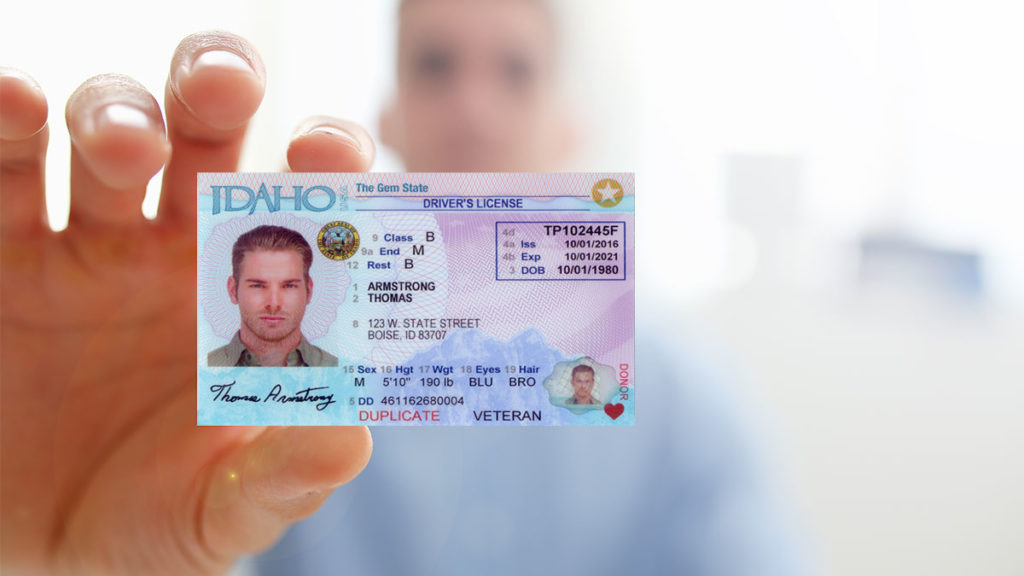I am frequently asked by friends, family, and clients of mine, “Are you required to show ID to police?” In other words, they want to know if they have a right to refuse showing their driver’s license or another form of identification to a police officer. The simple answer is you probably have to provide your identification to the police officer in most circumstances.
When do you have to show ID to police?
Obviously, there are two different scenarios where police may ask you to show ID. The first scenario is when you are driving a vehicle, and you are lawfully stopped. You are legally obligated to exhibit your driver’s license when demanded by the police officer. Idaho Code §49-316 requires it. The second is when you are not driving. The law is not as clear, and if a police officer suspects you of committing a crime you can refuse to show ID. They will arrest you anyway for the crime if they have probable cause that you are the individual that committed the crime. You will not be arrested for failure to provide ID as you would while driving a motor vehicle.
Driving without a license is a crime.
A police officer can practically pull you over for any reason as long as the police officer has a legitimate reason for stopping you. They can legally ask you for identification, proof of insurance, and registration. They can even ask for these things when they have no reason to believe there is criminal activity afoot. For example, they can ask for these items even when they are performing their “community caretaking function”. The community caretaking function is the role an officer plays when they help someone who is broken down on the side of the road for example. An officer can stop to see if you need help, and in the process can ask for driver’s license, insurance and registration.
The Idaho Supreme Court decided the issue of whether a motorist must supply identification in State v. Martinez, 136 Idaho 436 (2001). For a more detailed analysis, you can review the case yourself.
Refusing to comply is your right.
As far as whether you must provide identification when you are simply a pedestrian, there is no specific case law on that issue. At least none that I can find. If I had to venture a guess, based on my reading of the analysis done in State v. Martinez, it appears you probably would have to provide identification if an officer stopped you as a pedestrian in most circumstances. The only circumstance I can imagine where you would at least have an argument that you do not have to provide identification is if the officer had no reasonable articulable suspicion that criminal activity was afoot. Also, if the officer had no reason to think you needed their help (community caretaking function). For example, if the officer was just questioning everyone in a park, and asked for their personal identification, you could argue that you have no duty to provide the ID, since the office neither suspects you committed a crime, nor do you appear in need of his assistance.
Require a solid defense?
Many times showing your driver’s license to a police officer can result in further charges, like Driving Without Privileges (probably the reason you didn’t want to show the officer you ID to begin with). If you have charges against you as a result of showing an officer your identification (or not showing him as the case may be), please call our office to see if we can assist you in defending your case.
